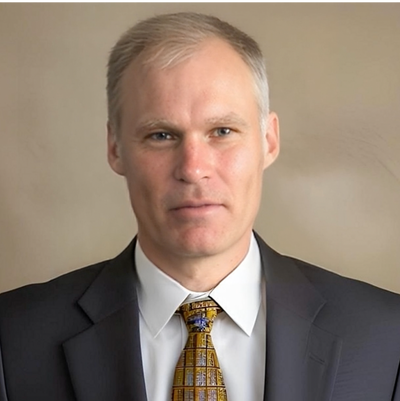
Connects decision-makers and solutions creators to what's next in quantum computing
German Aerospace Center to Co-Develop Quantum Processors
Collaboration with quantum companies aims to produce scalable quantum technology
November 2, 2022

The German Aerospace Center (DLR) has announced that it will collaborate with quantum computing organizations to develop ion-trap quantum computers. The team aims to produce 50+ qubit quantum processors and modular technology that will enable systems to scale up to thousands of qubits.
DLR’s partners, including NXP Semiconductors, eleQtron, ParityQC, Qudora Technologies and the Technical University of Hamburg, will pool their expertise to help advance quantum computing in various commercial industries.
The partners intend to develop a 10-qubit demonstration processor by the end of 2023. After that, DLR will partner with Universal Quantum Deutschland to build a fully functioning 50-qubit processor. DLR then plans to collaborate with Qudora Technologies and NXP Semiconductors Germany, two companies already developing a 50-qubit processor and researching error correction solutions.
DLR has two final research goals related to creating a universal quantum computing architecture by networking individual processor chips. DLR has agreements to achieve these goals with Universal Quantum Deutschland, NXP Semiconductors Germany, eleQtron and Parity Quantum Computing Germany.
DLR and its partners will conduct this research at a yet-to-be-constructed DLR innovation center in Hamburg, Germany. DLR intends to launch its new DLR innovation center in Q1 2023. DLR will also share office space and its existing DLR Innovation Centre in Ulm, Germany.
"This brings us one step closer to a programmable, fault-tolerant quantum computer. Through the close cooperation of business and science, synergies are created that strengthen the quantum computing ecosystem and thus also provide startups with new opportunities," said DLR executive board chair Anke Kaysser-Pyzalla.
DLR received funding for these projects from the German Federal Ministry for Economic Affairs and Climate Action (BMWK).
About the Author
You May Also Like






